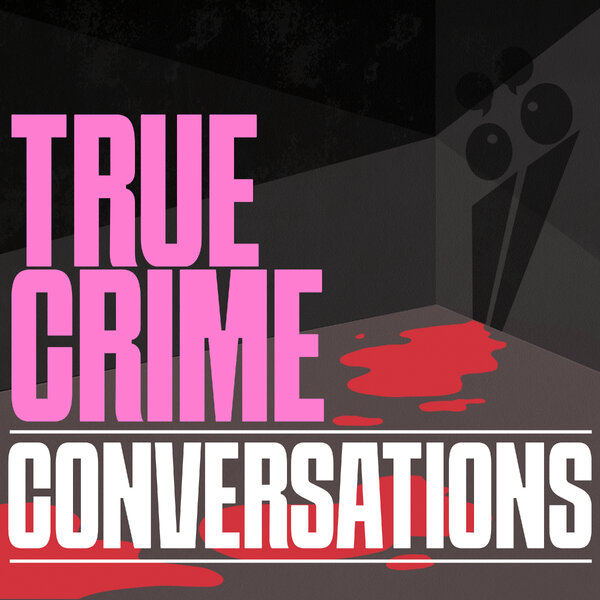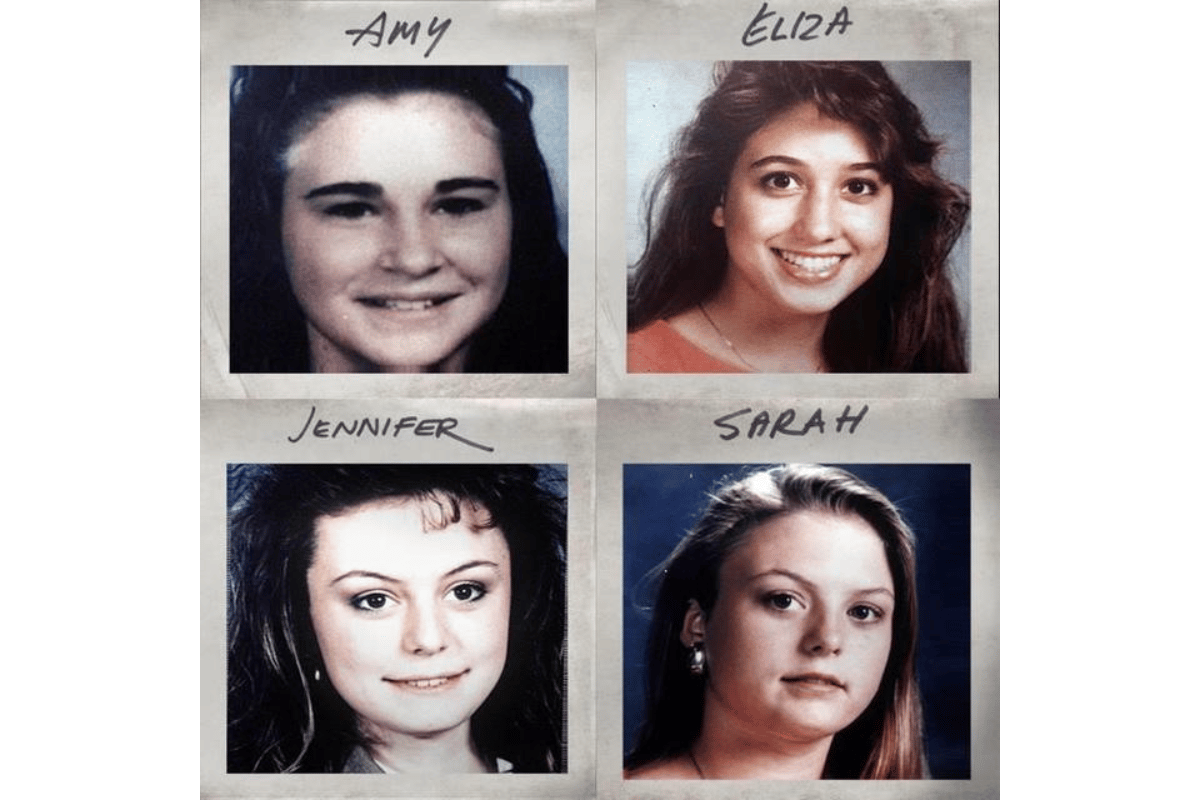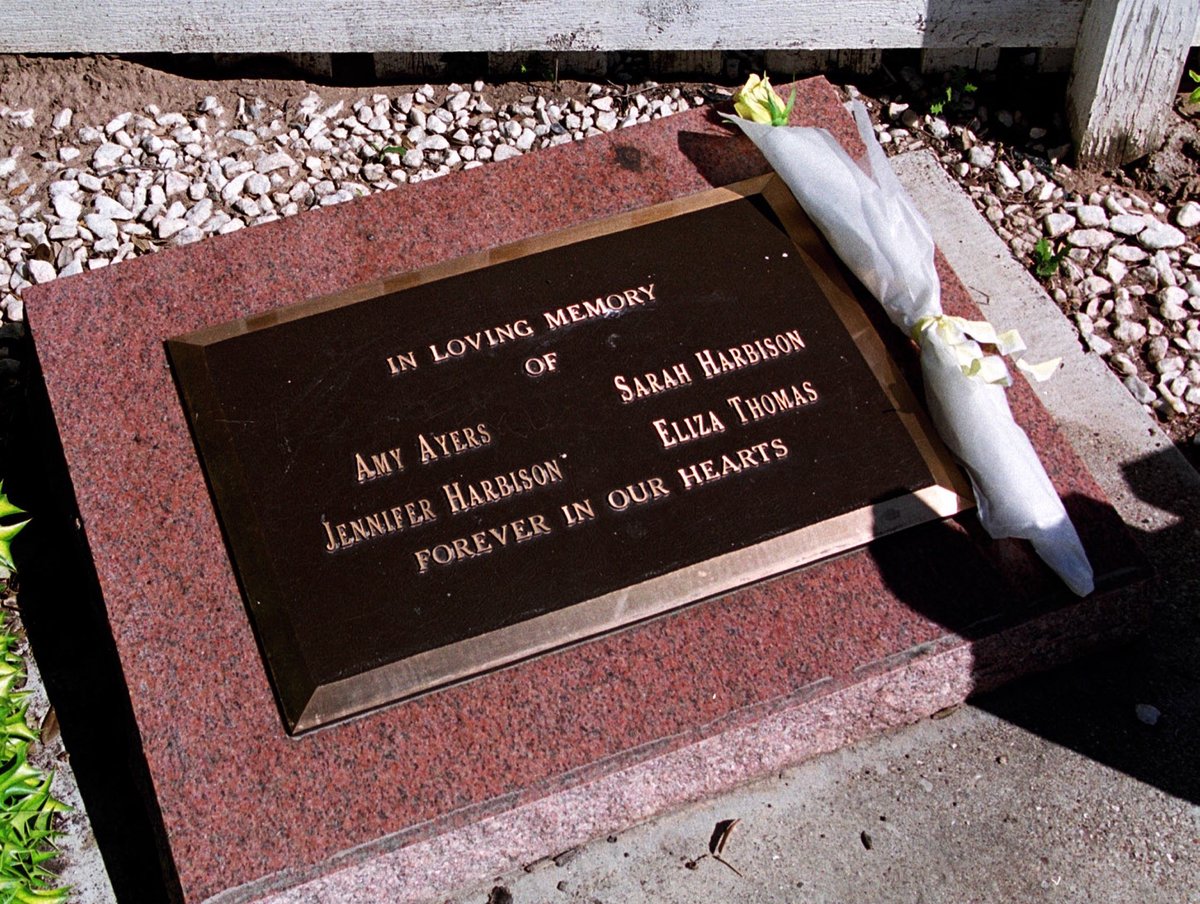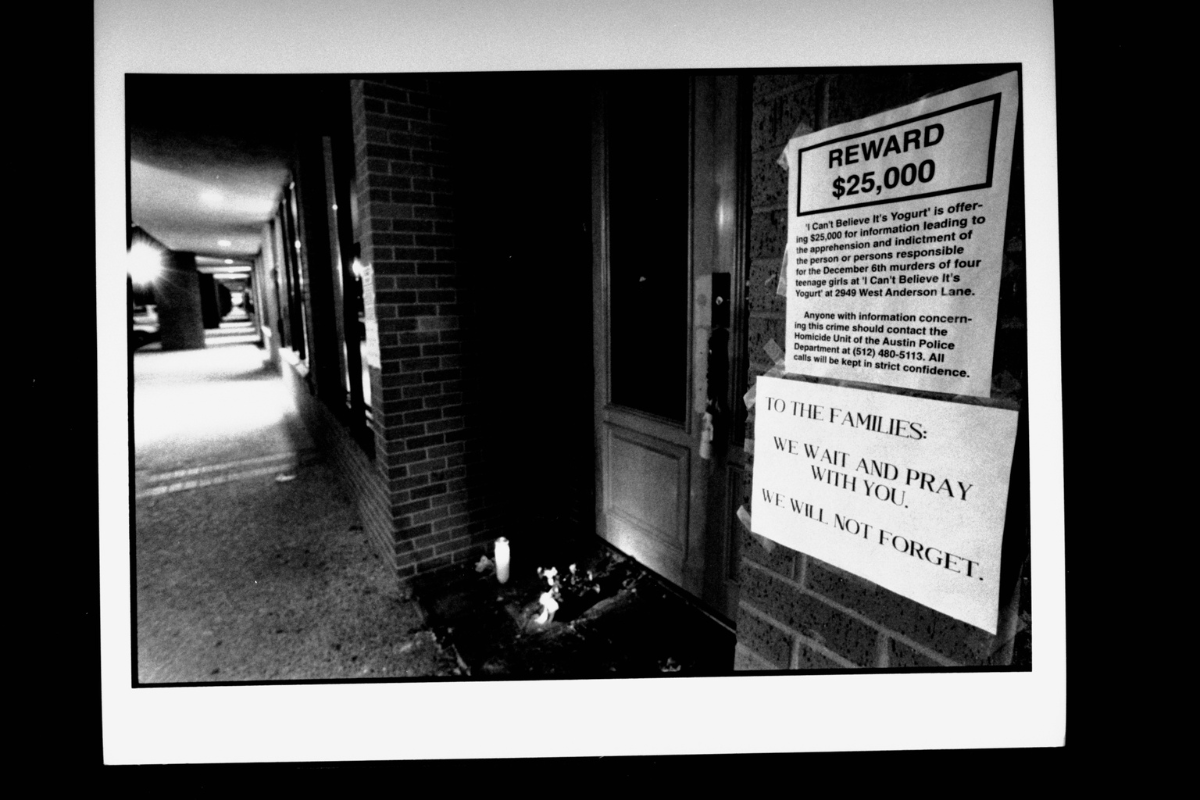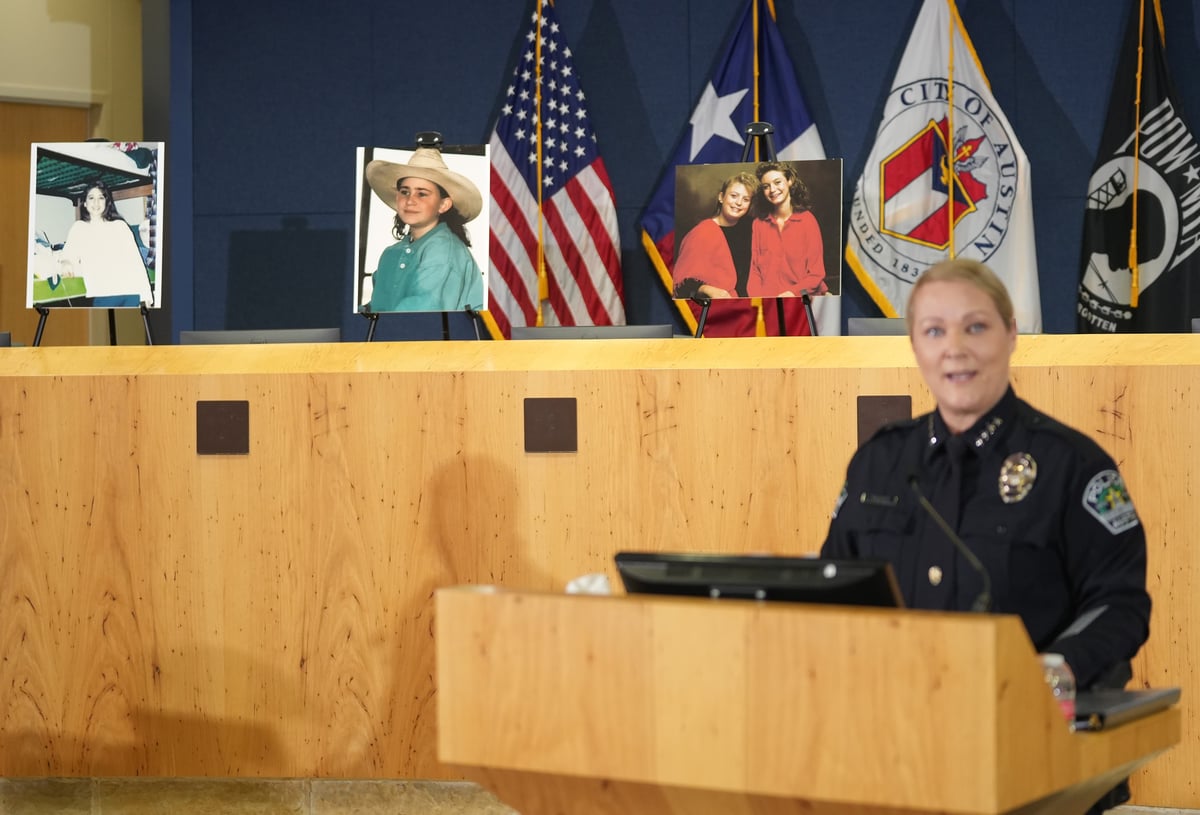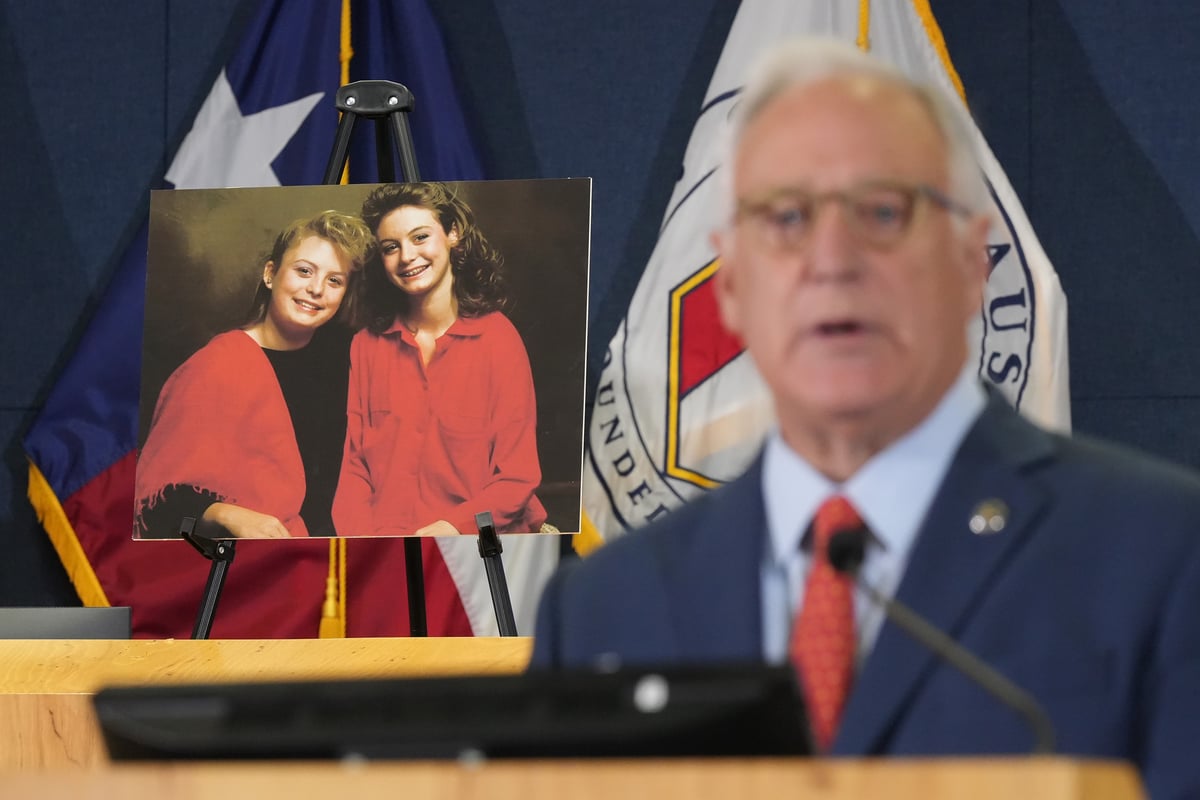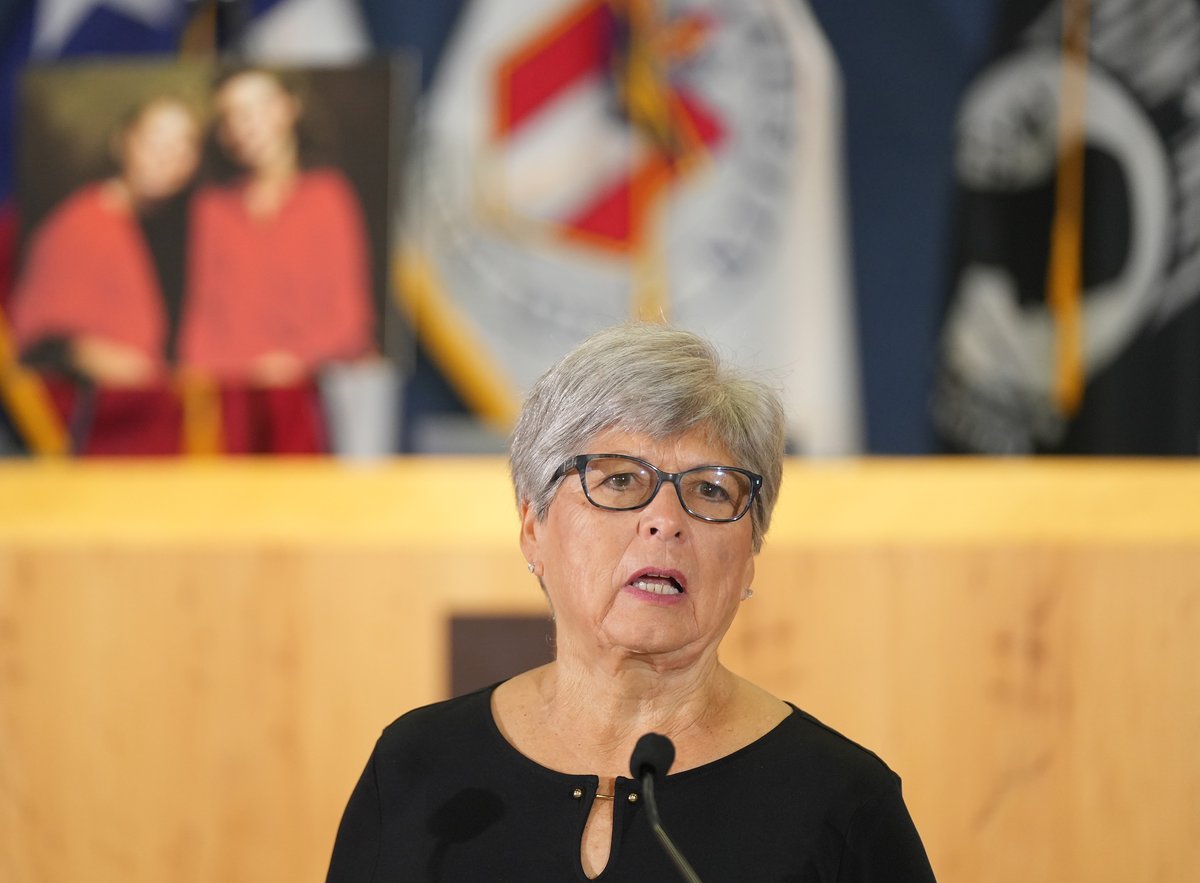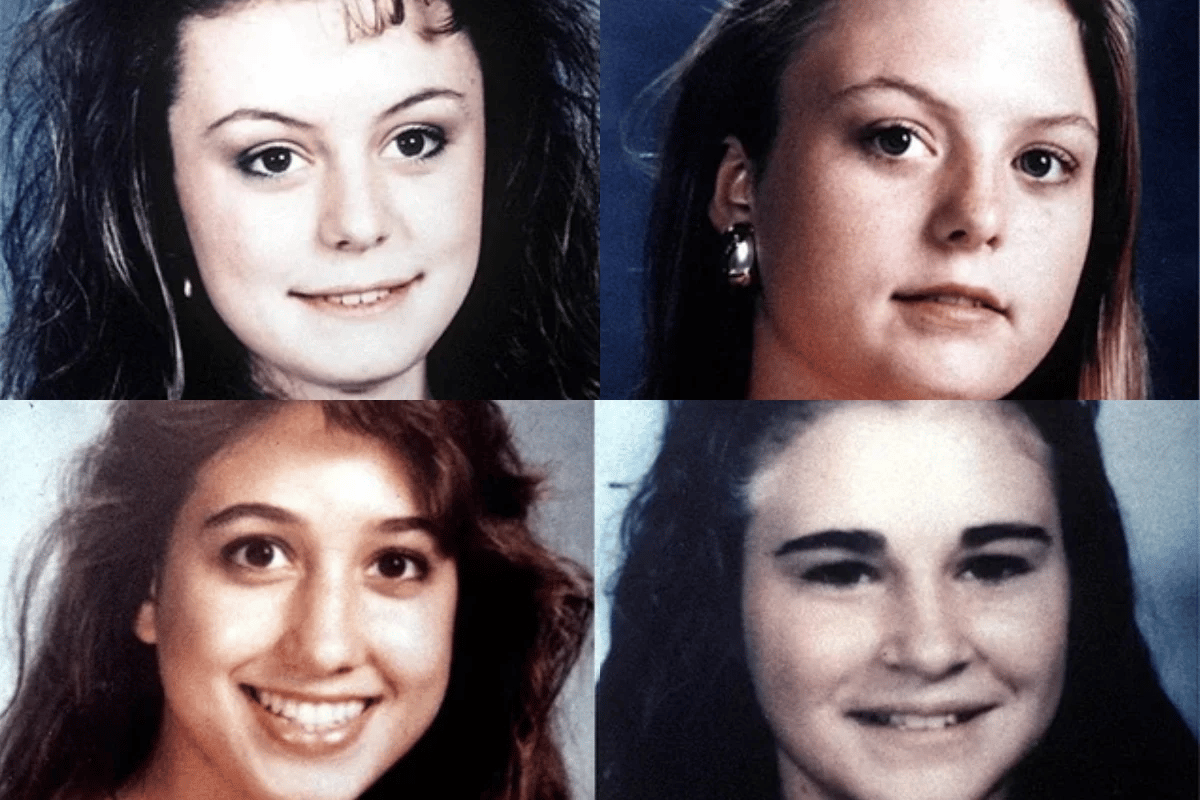
In Austin, Texas, there once was a frozen yoghurt chain store called 'I Can't Believe it's Yogurt'.
It was popular with families and young people throughout the '80s and '90s.
Today, that yoghurt shop is no more. Over the years, it has been replaced with a payday loan store, the only noticeable remnant of its origins being a nearby plaque that commemorates four young lives lost on December 6, 1991.
Their names were Eliza Thomas, sisters Jennifer and Sarah Harbison, and Amy Ayers.
The quadruple murders at the yoghurt shop have long haunted the city of Austin.
Thirty-four years on, police have finally identified the man they believe to be responsible; a suspected serial killer.
Watch: the case unpacked 31 years later. Post continues below.
The victims.
Jennifer and Eliza were working in the yoghurt shop on that Friday night in December 1991. Nearing the end of their shift, Jennifer's younger sister, Sarah and Sarah's friend Amy visited the shop.
Sarah was 15, Amy was just 13. The girls planned to get a lift home with Sarah's older sister after the yoghurt shop closed at 11pm. None of them made it home that night.
